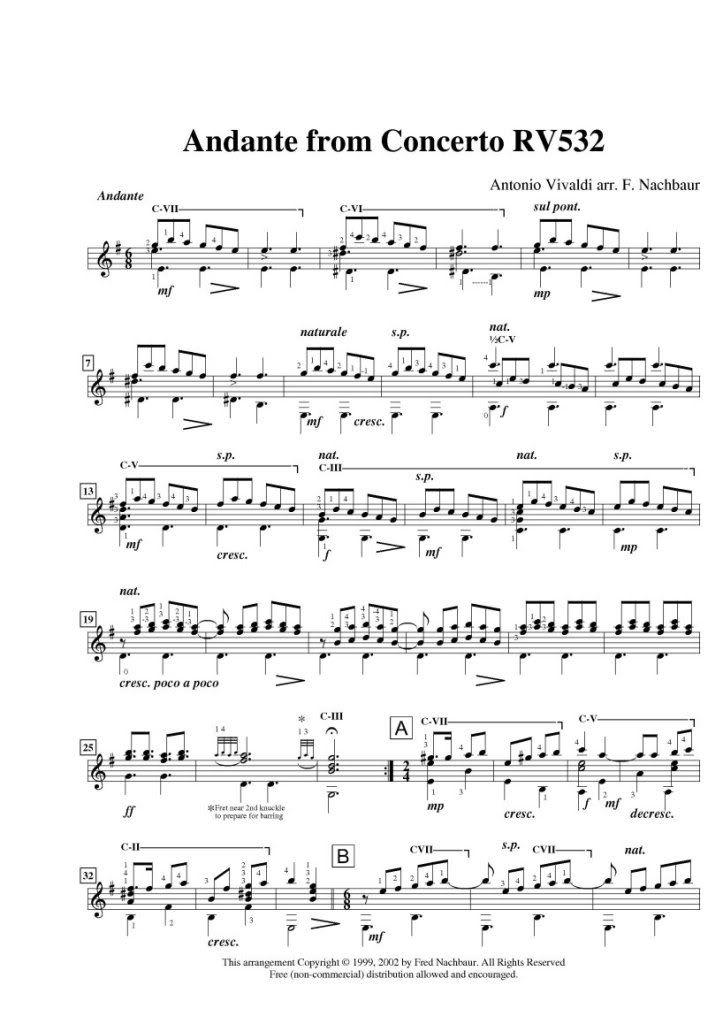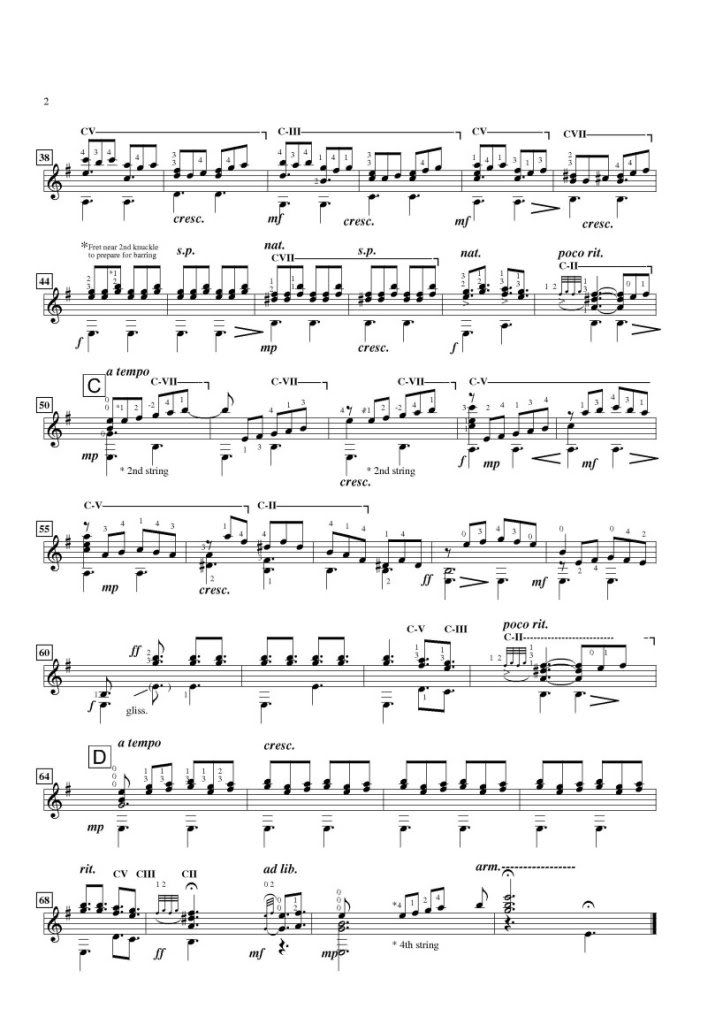The other thing, or rather, person that has been niggling me since I got here, is the Duke's insufferable vintner; I would guess his age to be in the early thirties, with a pasty complexion, thinning hair, and a fat face, although if you actually look at him, his body is quite spare, and his legs... well, I've seen more meat on kindling twigs! Whenever he looks at me he seems to have an expression as though he bit into a bun and found half a cockroach. And at the formal dinner last night, when he filled my wineglass, I had to keep urging him on. He seemed reluctant to pour enough for a mouse to get tiddly.
But making up for all my minor grouches today, there is to be an entertainment celebrating the Duke's marriage. This isn't a masque in name, but in most other respects, it will be pretty much the same kind of affair; a first-rate chance for the Ducal family to show off their wealth, power, and erudition, with food, drink and music at convenient intervals.
It's important to remember that this is a political marriage first and foremost (and quite possibly, exclusively). Duke Ferdinando de Medici wants to strengthen the Florentine ties with France once more, and marriage to Christine of Lorraine is a suitable opportunity. Or to put it another way, she can ensure the continuity of the Medici line, while he ensures the continuity of power (through her relatives!).
The prologue informs us that we are to see the story of the challenge of the Emathian princesses to the muses. Thank goodness for my east-european diplomat persona, while I know who the muses are in Greek mythology, it would be unthinkably ignorant for someone of my standing not to know the story of the Pierides if I was the representative of a (presumably) more educated western court.
I have to say that this is my first experience of the theatrical style that will become known across europe as the Commedia dell'arte, and while at this stage it doesn't have the fully-developed character of slapstick and mayhem for which it will become known (and which would be inappropriate to a courtly entertainment), it is quite clearly heading that way.
I'm rather disappointed that I wasn't able to get my hands on any of the sheet music for this afternoon's presentation, however, on my return I did manage to find Luca Marenzio's Diuersi Linguaggi: sung by the various characters of the commedia;
- the Scholar
- the Professor
- Fate
- Grace
- Francescina
- Girometta
- Zanni (a clown)
- Captain Magnifico
- the German
For anyone who might be interested, here is the song "Various Languages", beautifully engraved by Christian Mondrup for the Werner Icking Music Library.


 The written content of this work is licensed under a Creative Commons Attribution-Noncommercial-Share Alike 3.0 Unported License.
The written content of this work is licensed under a Creative Commons Attribution-Noncommercial-Share Alike 3.0 Unported License. 





